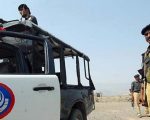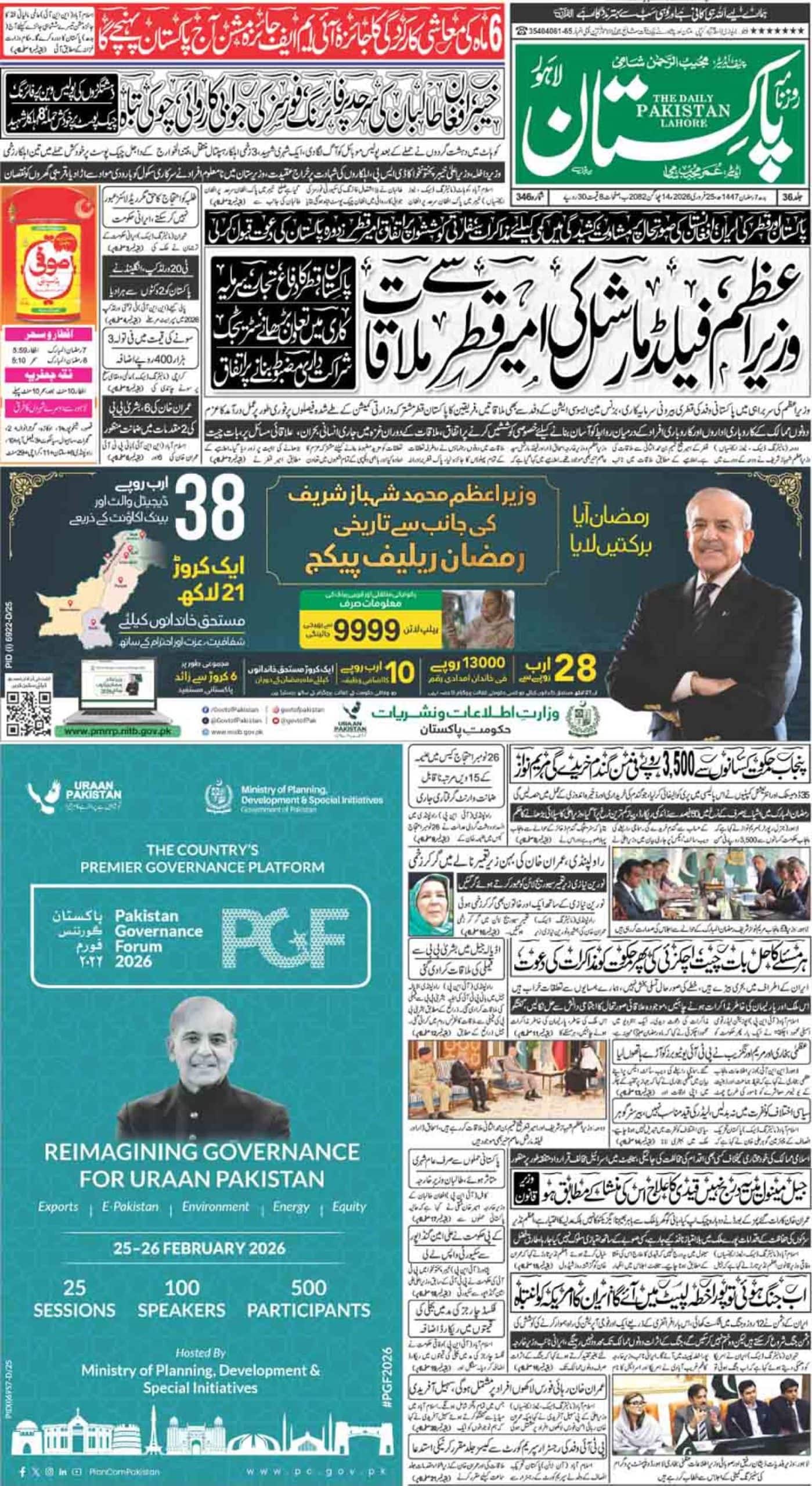QUETTA – Defying protests and complaints from different quarters, the government of Pakistan has started the implementation of a new visa regime on the Chaman border crossing with Afghanistan.
Earlier last month, a high-profile committee had decided that only those with valid passports and visas would be allowed to cross the border against the previous practice of showing either Pakistani or Afghan national identity cards for the purpose.
The strict measures prompted a sit-in, with calls to withdraw the policy; however, Balochistan Information Minister Jan Achakzai has confirmed that new rules have been implemented despite resistance.
The minister said all arrangements were already in place for the new policy, and intending travellers were visiting passport offices in Chaman, Qila Abdullah and other areas for new passports.
“The Chaman passport office has issued over 1,000 tokens to applicants who applied for the passport,” Mr Achakzai was quoted as saying by Dawn.
Confirming that 200 passports have already been delivered, the minsiter said the passport facilities have improved, and more centres have opened up for timely delivery.
Achakzai admitted that a one-time permission has been allowed to Afghans who arrived in Chaman on Tazkira to enter their country but added that upon their return to Pakistan, they will have to show a passport and visa.
Pakistan had set a deadline of November 1st for all the illegal immigrants to leave the country or face deportation. The government had also set up holding centres for the immigrants, prompting conerns from rights groups that those who have lived all their lives here in pakistan should not bee deported.
Despite the pressure, the caretaker interior minister Sarfraz Bugti and the governance machinery refused to take back the measures and operations were launched to identify all such individuals who were illegally residing in the country, some for over 3 decades even.
Although the government has denied reports about targeting any particuclar group, immigrants from Afghanistan consider themselves to be a victim of the policy considering that they are the largest chunk of people to face deportation.














